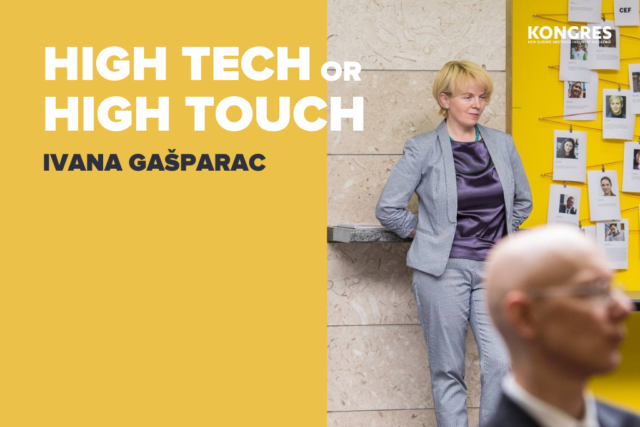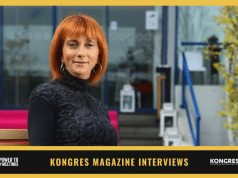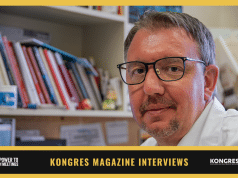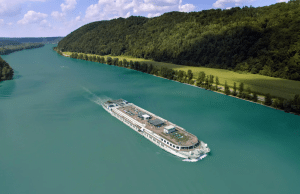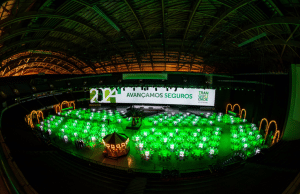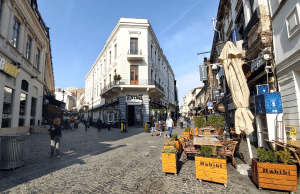“Face to face events certainly have a greater impact than online ones”
Q: What do you desire the most at the moment?
We are all looking forward to the Corona crisis weakening globally, and being able to create newly designed face-to-face events or a hybrid format.
Q: Why do you love organising events?
There is never a dull moment when organising events, as there is always something new to learn or master. It is stressful, but on the other hand, it is always rewarding when you see people really appreciate your work.
Q: Can you present the tool or app you use the most during the corona crisis?
We used several different tools, but two were among our favourites:
Kahoot can be used to test knowledge with players typing answers, gather opinions with polls, give presentation slides more context and more. You can present a live Kahoot on a shared screen via video conference or in person.
Mentimeter is an interactive presentation platform. It is powerful, yet easy to use, with features that allow you to prepare, present, and analyze presentations. You can create interactive presentations, ask the audience to vote or test their knowledge, generate a word cloud or analyze data
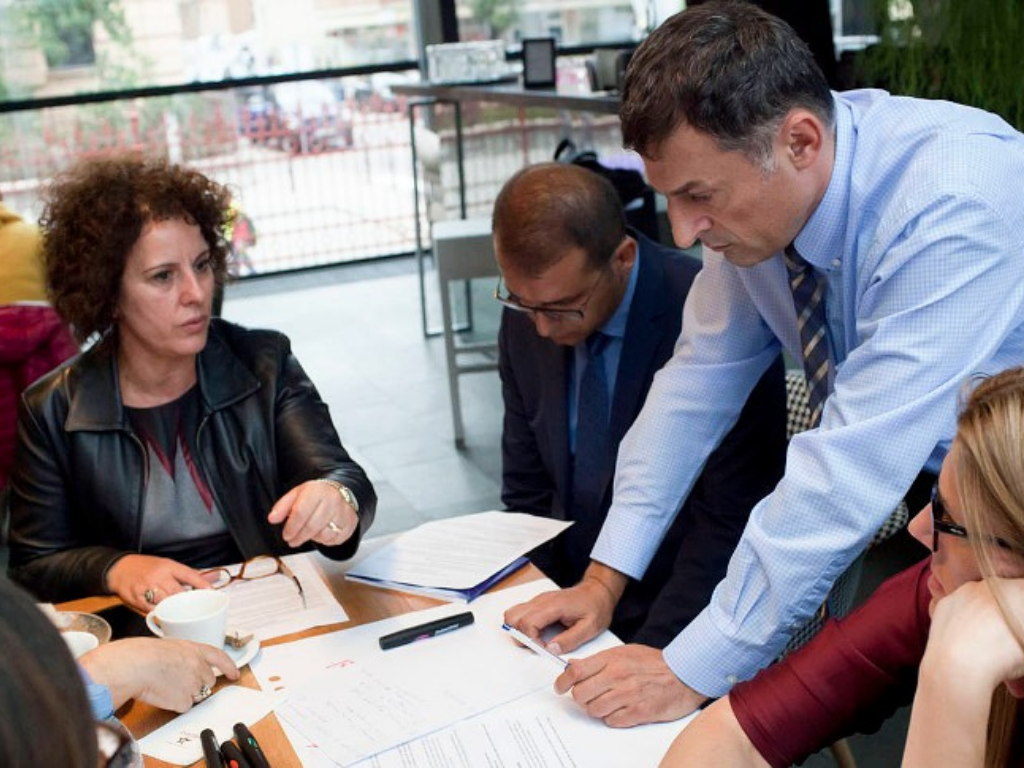
Q: How would you explain to a client why organising events is essential?
We are a learning institution, we define ourselves as a knowledge hub, so our events are at the core of our work. At events, you bring people, in our case participants and experts, together, share knowledge and experiences with them, thus supporting the changes and reforms in the public sector in the region SEE, and beyond. You can find more about our learning approach here.
Q: Is it easier to organise digital or live events?
At first glance, you would say that digital events are easier, but if you really want to engage the audience you have to prepare many things in advance: the topic, design the format, the tools needed and even then you do not know at the end how the audience will react and so on, so yes, it is quite a challenge. There is no standard recipe for how to do it successfully. Sometimes you have to improvise and craft the online event according to the needs and knowledge level of the participants.
Face-to-face events have other issues, but they certainly offer a better overall experience. It is easier for organisers and speakers to connect with participants, and they have better networking opportunities – creating new friendships, bond on a professional level for a future project, etc. My personal experience is that face to face events certainly have a greater impact, and they are remembered longer than online ones.
On the other hand, online meetings can be better for in-depth learning of very specific or expert knowledge, e.g. a macroeconomic topic on DSGE models, which is very mathematical and aimed at experts working in the field. We currently have such a learning event on our Online learning campus – it is called Macroeconomic Modeling for Open Economies 1. It consists of six units, 19 webinars, expert discussions, and exercises. This time we reached 25 countries, and because the topic is so narrow, we were able to accept 60 participants, even though there were many more who wanted to participate. I only set this example to show where online could be a better format for learning events. So this could be a moment of reflection on how to improve certain types of events, whether face to face, hybrid or online. As we know, COVID-19 has pushed more or less everything online, and it made us realize there are many shortcomings to the digital world.
Q: Is organising digital events cheaper than organising classic events?
At this stage, being online only, I would say yes, it is a bit cheaper, but when you move to hybrid events, it could cost a lot more than face-to-face as we knew in the past.
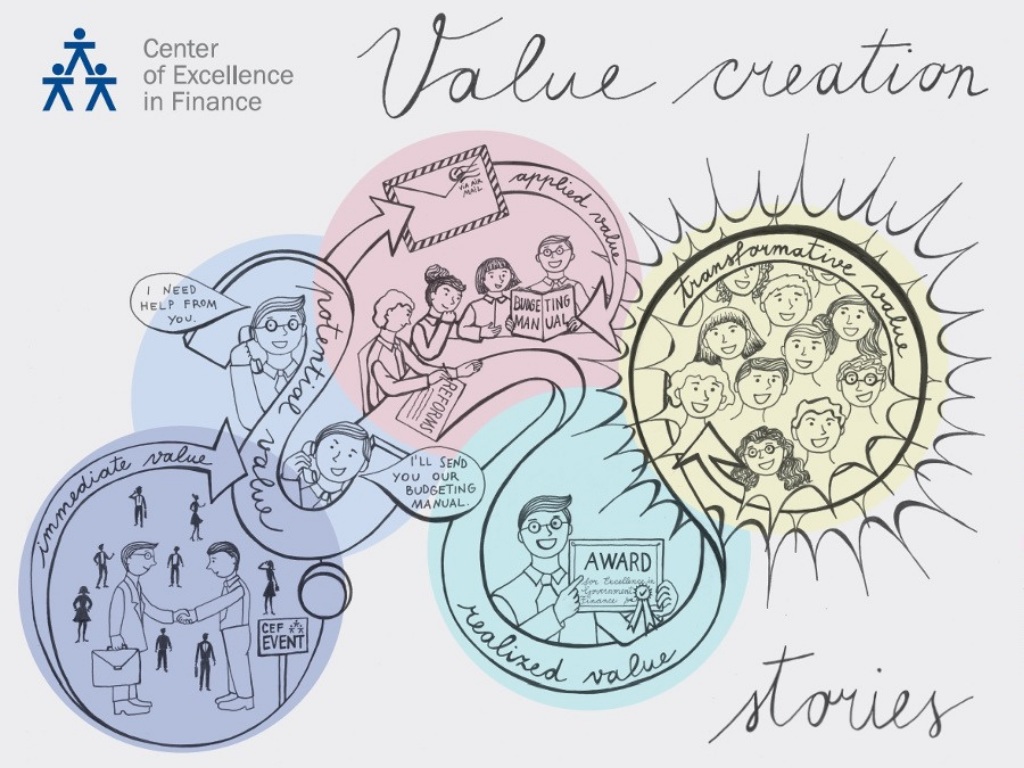
“The meetings industry will need to become even more innovative to attract audiences”
Q: If the future of the meetings industry will be green, where do we start?
Well, we started quite some time ago when we stopped printing learning materials in 2016 and provided them in binders for our attendees. Not only was it cheaper, but it saved a lot of time, especially for the Event Management Team. That was my “Go Green” initiative, and I also blogged about it here.
In general, I believe event organisers should use running water instead of plastic bottles, local food for catering and suggest to participants to use the bus or train when possible, instead of flying to Ljubljana. We do not have big events at CEF, but for example, at rock concerts, I have seen good initiatives about zero waste, or recycling of plastic and waste in general. So, if there is a will, there is a way. You need people who are aware of this issue because after all, everything depends on people.
Q: What will be the key trait of a great event organiser after the corona crisis?
The key trait will be flexibility, strategic thinking about potential risks, and technological education. Of course, if you know how to deal with people, being nice and responsive to questions, this will also be an advantage. It is true for any job in the world, if you like doing your job, it is easy to come out on top.
Q: What is your view of the future? Where is the meetings industry headed?
The industry has adapted in some areas and will need to become even more innovative to attract audiences. I think one of the biggest problems will also be having qualified people working in a specific area because many have found work elsewhere during the crisis. There are so many specific problems that need to be solved that a general answer is not appropriate.
Q: What is the most surprising fact about organising events?
Events are like life, you plan everything, but then something unexpected pops up again.
EXTRA QUESTION FOR IVANA
Q: High Tech or High Touch?
Both!?


